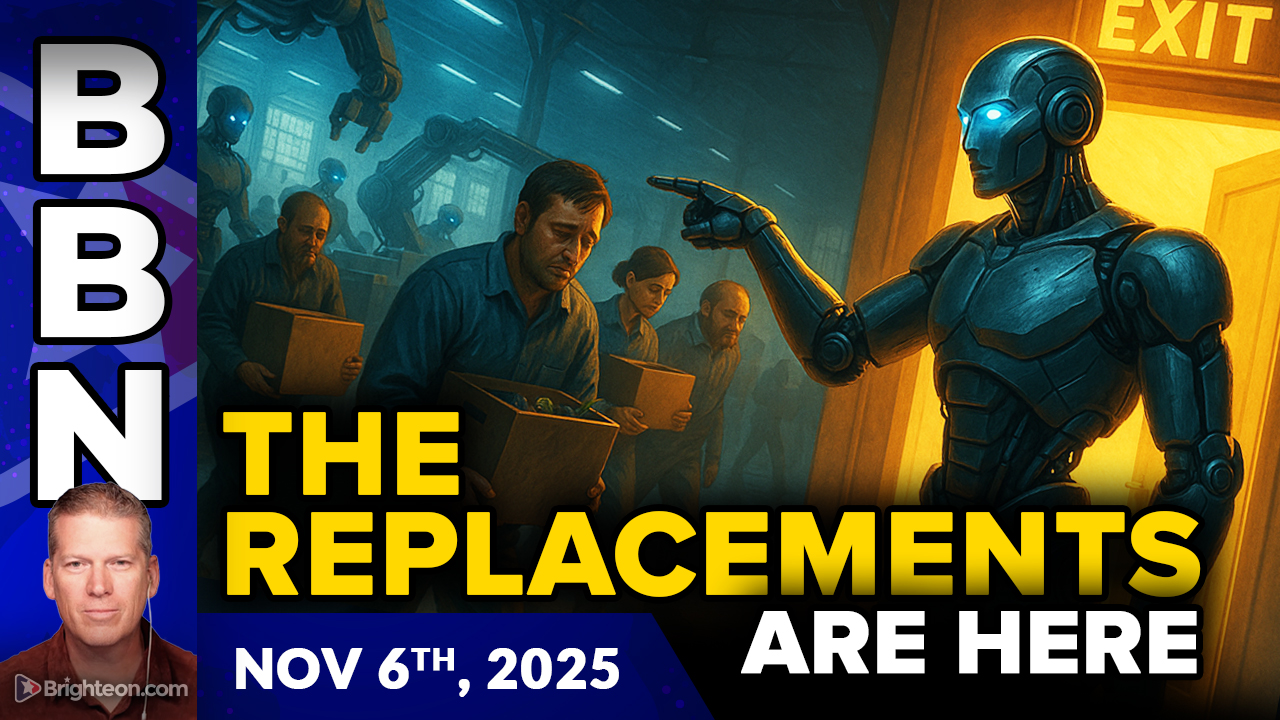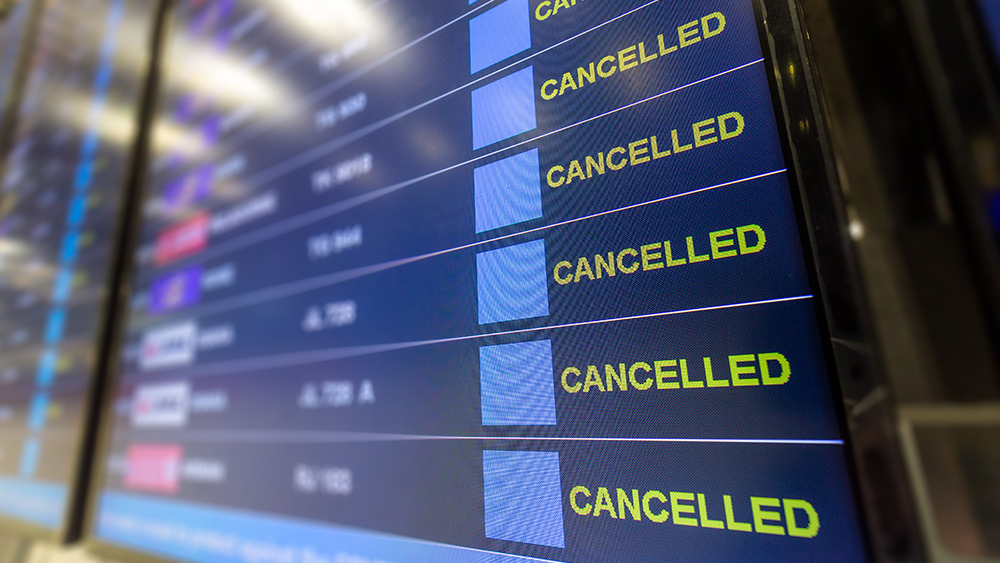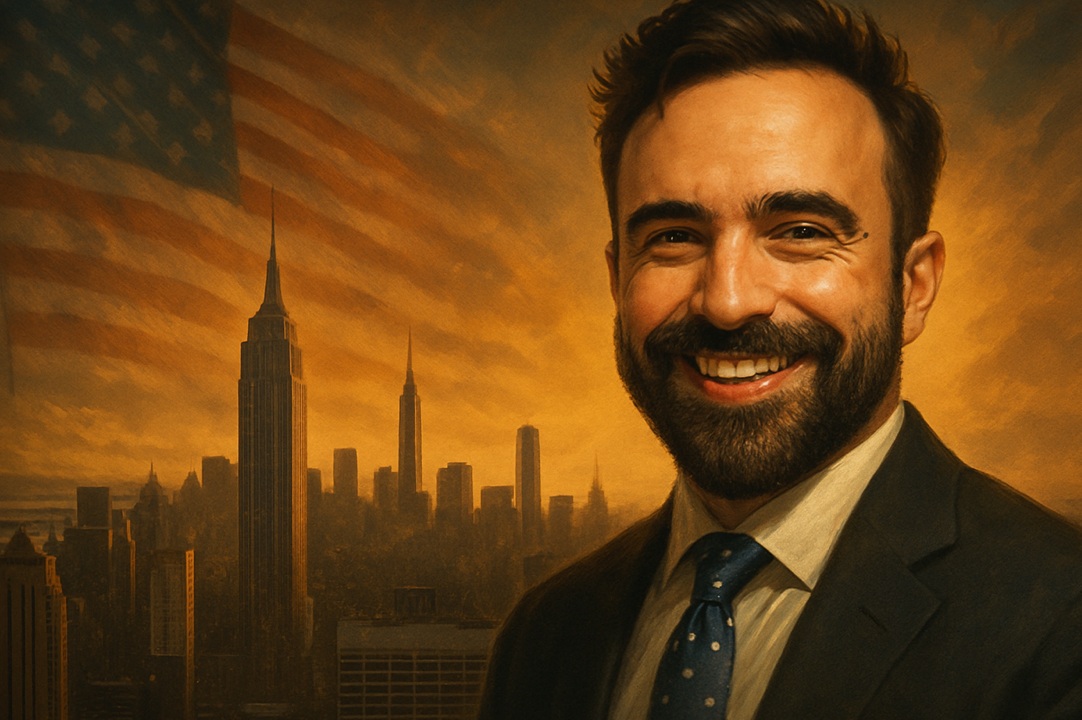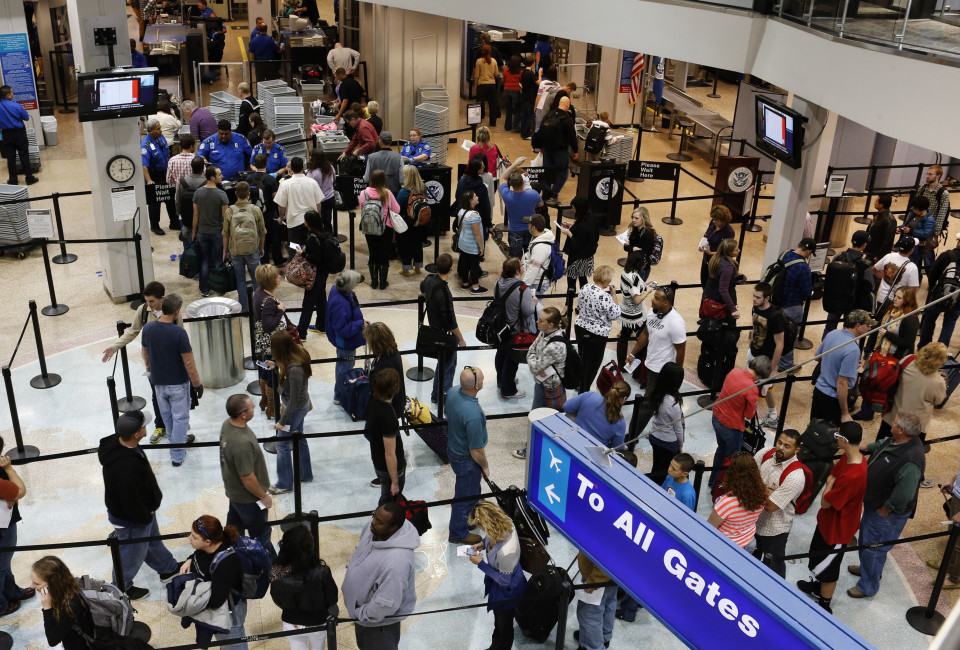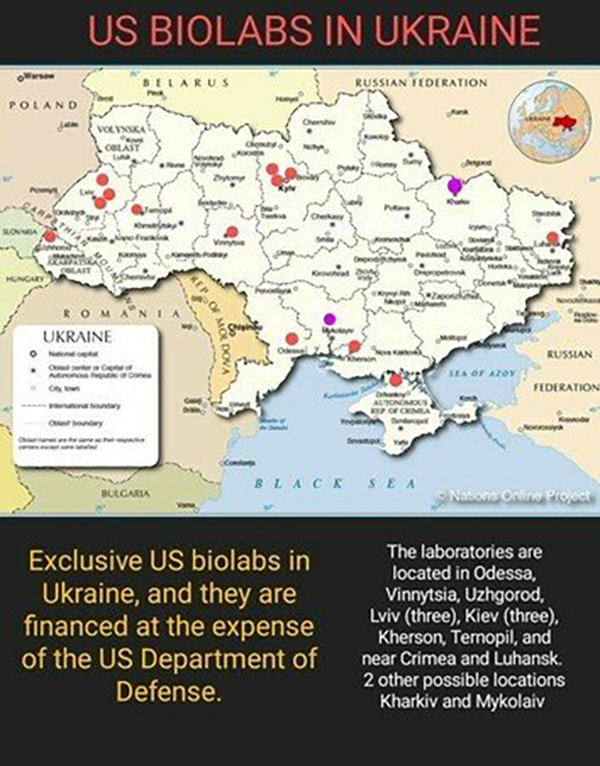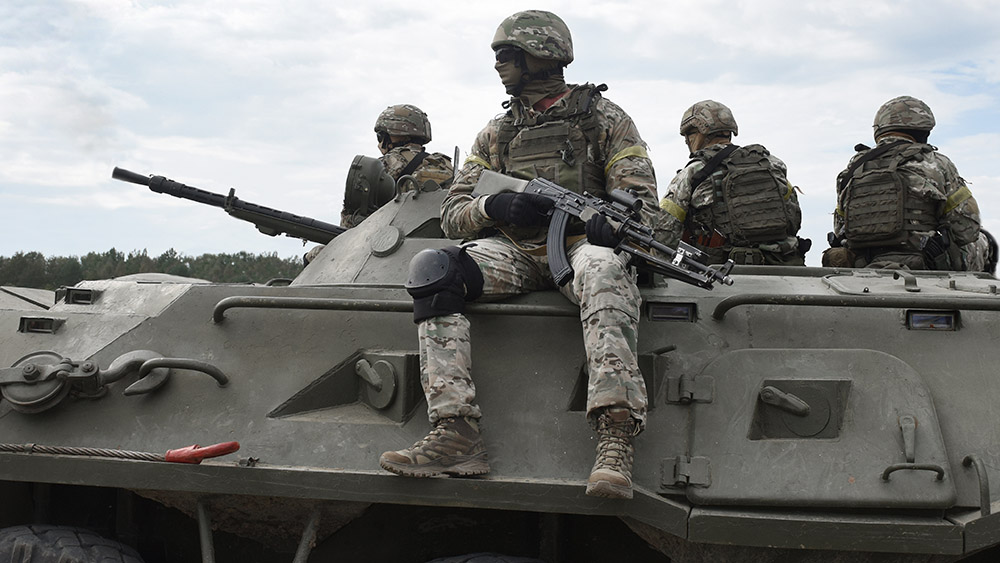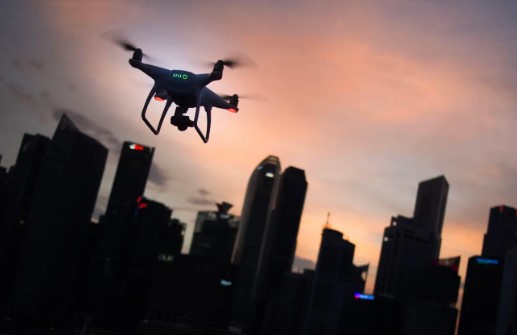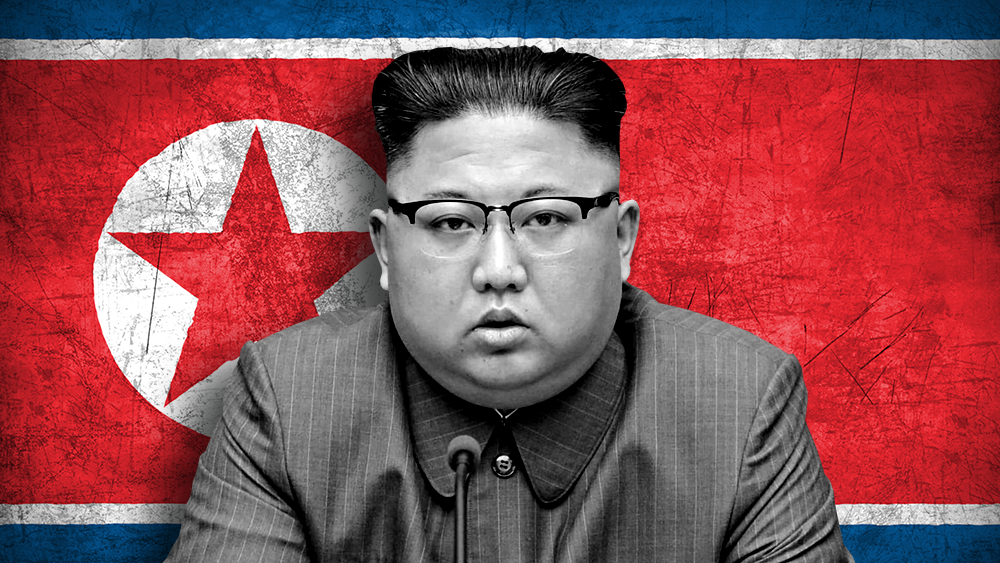Digital erasure: Big Tech bows to political pressure, wiping out Palestinian war crime documentation
11/05/2025 / By Belle Carter

- In early October, YouTube removed over 700 videos documenting Israeli abuses in Gaza and the West Bank, deleting accounts of three major Palestinian rights groups—Al-Haq, Al Mezan and the Palestinian Centre for Human Rights—citing compliance with U.S. sanctions under Trump-era policies.
- The deleted videos included investigations into Israel’s killing of journalist Shireen Abu Akleh, torture survivor testimonies and documentaries like “The Beach,” exposing Israeli airstrikes on Palestinian children. Rights groups condemned YouTube for “protecting perpetrators” and undermining accountability.
- Critics, including legal experts and advocacy groups like DAWN, called YouTube’s actions “outrageous,” arguing that sanctions were never meant to block public access to human rights documentation. The removals reflect a broader pattern of bias, with YouTube disproportionately censoring Palestinian content while allowing pro-Israel narratives.
- The sanctions targeted groups cooperating with the ICC’s war crimes investigations against Israeli officials, including Netanyahu and Gallant. Both the Trump and Biden administrations have shielded Israel from accountability, while Israel has smeared Palestinian NGOs as “terrorist” entities to justify suppression.
- Advocates warn YouTube’s compliance sets a precedent for politically motivated censorship worldwide. With U.S. platforms like Mailchimp also terminating Palestinian accounts, rights groups are seeking alternatives outside U.S. jurisdiction to evade escalating repression.
In early October, YouTube quietly erased more than 700 videos documenting alleged Israeli human rights abuses in Gaza and the West Bank, deleting the accounts of three prominent Palestinian human rights organizations—Al-Haq, Al Mezan Center for Human Rights and the Palestinian Centre for Human Rights.
The removals came in response to U.S. sanctions imposed by the Trump administration, which targeted groups cooperating with the International Criminal Court (ICC) in its war crimes investigations against Israeli officials. Critics argue the move stifles accountability and suppresses Palestinian voices, raising concerns about tech companies capitulating to political pressure at the expense of free speech.
The deleted videos included critical investigations, such as evidence of Israel’s killing of Palestinian-American journalist Shireen Abu Akleh, testimonies from torture survivors and documentaries like “The Beach,” which chronicled Israeli airstrikes killing Palestinian children. YouTube confirmed the deletions were a direct result of U.S. sanctions, citing compliance with trade laws.
“Terminating the channel deprives us of reaching the audience we aspire to share our message with,” said a spokesperson for Al Mezan.
Meanwhile, Al-Haq condemned YouTube’s actions as “a serious failure of principle and an alarming setback for human rights.” Basel al-Sourani of the Palestinian Centre for Human Rights accused YouTube of “protecting perpetrators from accountability” by removing factual, evidence-based reporting.
Sarah Leah Whitson of Democracy for the Arab World Now (DAWN) expressed shock at YouTube’s lack of resistance, stating, “It’s really hard to imagine any serious argument that sharing information from these organizations violates sanctions.”
Legal experts, including Katherine Gallagher of the Center for Constitutional Rights, called the move “outrageous,” arguing that Congress never intended sanctions to block public access to human rights documentation.
A pattern of censorship
This is not the first time YouTube has faced accusations of bias against Palestinian content. BrightU.AI‘s Enoch reports that earlier this year, the platform shut down the account of Addameer Prisoner Support and Human Rights Association following pressure from pro-Israel groups. Wired reported that YouTube has long applied its community guidelines unevenly, disproportionately censoring Palestinian voices while allowing pro-Israeli content to remain.
The deletions also highlight broader concerns about U.S. tech companies bowing to government pressure. Mailchimp, another U.S.-based service, terminated Al-Haq’s account in September. With few alternatives, Palestinian groups are now seeking platforms outside U.S. jurisdiction to avoid further censorship.
Political backdrop: U.S. shields Israel from accountability
The Trump administration’s sanctions against the Palestinian groups followed ICC arrest warrants for Israeli Prime Minister Benjamin Netanyahu and former Defense Secretary Yoav Gallant over alleged war crimes, including the deliberate starvation of civilians in Gaza. Both the Biden and Trump administrations have rejected the ICC’s authority, with Trump escalating sanctions in his second term to include harsher penalties against ICC officials and their supporters.
Israel has long sought to discredit Palestinian human rights organizations, labeling Al-Haq a “terrorist organization” in 2021 and launching smear campaigns linking them to militant groups. Whitson warned that YouTube’s compliance sets a dangerous precedent: “They are basically allowing the Trump administration to dictate what information they share with the global audience. It’s not going to end with Palestine.”
The removal of over 700 videos marks a significant erosion of digital free speech, raising urgent questions about the role of tech platforms in enforcing politically motivated censorship. As Palestinian groups scramble to preserve their documentation on alternative platforms, the incident underscores the growing weaponization of sanctions to suppress dissent and shield human rights violators from scrutiny.
With the U.S. and Israel continuing to resist international accountability, advocates fear this could be the beginning of a broader campaign to silence critics—not just in Palestine, but worldwide.
Watch this video about YouTube censorship, lawsuits and free speech.
This video is from the Brighteon Highlights channel on Brighteon.com.
Sources include:
Submit a correction >>
Tagged Under:
biased, Big Tech, censorship, chaos, documentaries, free speech, gaza war, genocide, human rights abuses, humanitarian, ICC, Israel, suppressed, tech giants, technocrats, The Beach, violence, War crimes, WWIII, YouTube, youtube censorship
This article may contain statements that reflect the opinion of the author
RECENT NEWS & ARTICLES
COPYRIGHT © 2019 Dangerous.News
All content posted on this site is protected under Free Speech. Dangerous.News is not responsible for content written by contributing authors. The information on this site is provided for educational and entertainment purposes only. It is not intended as a substitute for professional advice of any kind. Dangerous.News assumes no responsibility for the use or misuse of this material. All trademarks, registered trademarks and service marks mentioned on this site are the property of their respective owners.



